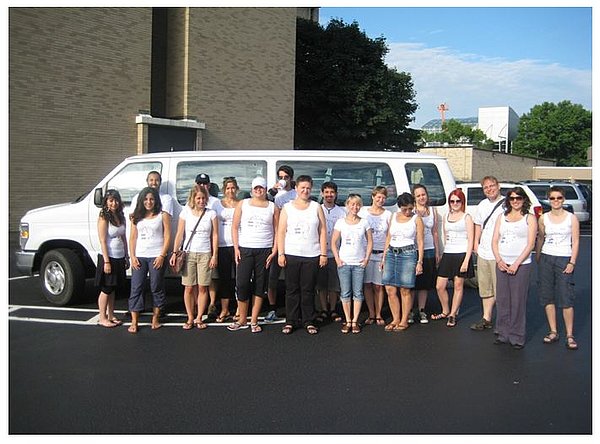Tour Guides Along the Mississippi River
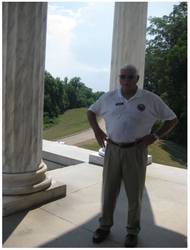
A tour guide is someone who shows visitors around an area, with the guide using extensive local knowledge to share the area with visitors. Tour guides are hired to help people navigate unfamiliar areas, and to make trips special, as a good tour guide sets a positive tone for a trip and shows people things they would not have discovered otherwise. Using a tour guide while traveling can also be useful because tour guides are very knowledgeable, and they can provide facts and information which help visitors interpret and understand the places they see. (Source: www.wisegeek.com/what-is-a-tour-guide.htm, 08.10.2010)
Expectations of tour guides by group members
The second question on our questionnaire, which you will see later on, was:
What do you expect from a tour guide in general?
This question is very important because we wanted to find out if the experiences of the different tours had met our expectations we had before we travelled to the Mississippi. Examining our questionnaires we found the following answers:
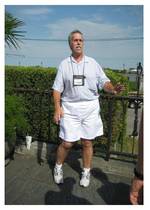
There were three main expectations which most of our fellow travellers had of tour guides, namely information, reading the audience and entertainment. Of course, we wanted to get information about the certain museum or city we were guided through. In addition, most of us expected to be read by the tour guide, which means that we expected him or her to respond to our cultural background (Germany, Austria and American) and to take our cultural experiences into account as well. And, of course, we wanted the tour guide to entertain us a bit and make his/her tour funny. Other answers to this question were enthusiasm, knowledge, insiders and loud and clear voice.
The winner was Randy, the tour guide we had seen twice: first in the French Quarter in New Orleans, and second on the Hurricane Rebirth Tour. Many participants liked Randy because he was funny and dramatic. He knew how to entertain us.
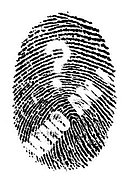
Tour guides and Cultural Studies?
Ok, so far so good. But how is the project connected to the theory of Cultural Studies? Some of the results of the questionnaire might shed some light on the underlying connections between the reception of tour guides and the concepts of Cultural Studies. Taking part in a tour guide is a concrete form of cultural practice. From the questionnaire we could gather that objective information as well as entertainment are crucial to the quality of a guide.
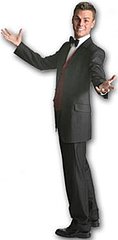
representation of their identy. Will we ask ourselves to which degree do the guides share their personal beliefs with the audience. The person behind that presentation will slip into the role of the guide, being the center of attention. The person is conscious of the fact that for example humour is useful to get the attention of everyone. So no matter how funny that person actually is he or she will assume or be interpellated to be a funny person once in the role of a tour guide. They might switch off that humour button as soon as the show is over.
How much do their personalities influence the objectivity of the information that is passed on to us? Can we even tell whether the guide is sharing his genuine opinion, are they authentic? Or is the performance designed to mainly fulfill commercial purposes? Are their just putting on a show for us so that we will be entertained regardless of the objectivity or reliability of the contents?
During the trip many of the participants discussed this balance of:
entertainment/commercialismobjective information/authenticity
It seemed that the more entertaining and emotional or dramatic the guides were, the less objective they stayed. Nonetheless, many participants said that Randy was the best tour guide because he was funny, dramatic and he seemed to be personally involved in the subject.

positionethnicity and minority objective information and self-positioning on behalf of the guides themselves.
We came up with a modell that shows the interactions among all the elements that are involved in taking part in a tour guide. This modell depicts the importance of the shifting perspectives of either the producer of the tour or the recipient of the tour. These relations never work one-sidedly. They go both ways as indicated by the arrows in two directions.
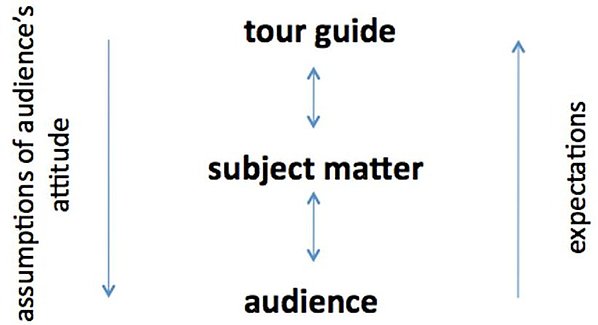
The audience will shape the tour when the guide addresses the audience. In many of the tours we had the opportunity to ask questions. Obviously we chose the questions, therefore we actually produced or initiated a part of that tour ourselves. In these moments we position ourselves to the subject matter and reflect on our own relation to the topic. Also, depending on how well the audience responds to humour the guide will continue or stop making the tour funny.
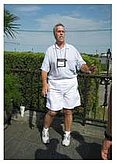
Trends:
One of the most striking trends was that the majority of travellers approved of tour guides who were not scared of revealing their emotions. Randy, a tour guide in New Orleans, was a prototypical example for this as he openly expressed his feelings concerning his return to his home after the incredibly destructive Hurricane Katrina in 2005. Still, it has to be said that some participants felt a bit awkward when being confronted with this personal and intimate insight into his thoughts and wished for more factual information.

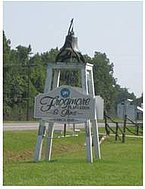
Another part of the questionnaire focused on how the participants perceived the presentation of slavery by white tour guides.
After our visit to Frogmore Plantation, we were given a tour at the African American Museum in Natchez by an African American tour guide. These two encounters were compared in the questionnaire in order to find out in how far the tour guide's ethnicity shaded these tours.
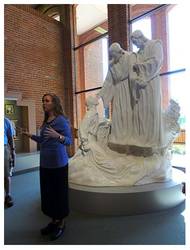
The tour which was probably perceived the most controversial.
Surprises:
Since received hardly any approval, we (the composers of the questionnaire) were surprised of the fact that the majority of participants felt that her tears [...] were real.

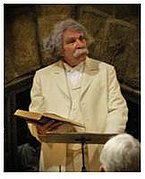
Another surprise was that Valerie Pape, a University Professor from Bradley University showing us her hometown Dubuque and providing a delicious barbeque for our group was regarded as a tour guide by more participants than a Mark Twain impersonator at a show in Hannibal. Unfortunately, the reasons for these perceptions could not be identified by the questionnaire.
Last but not least we would like to thank everyone who participated in our survey!
